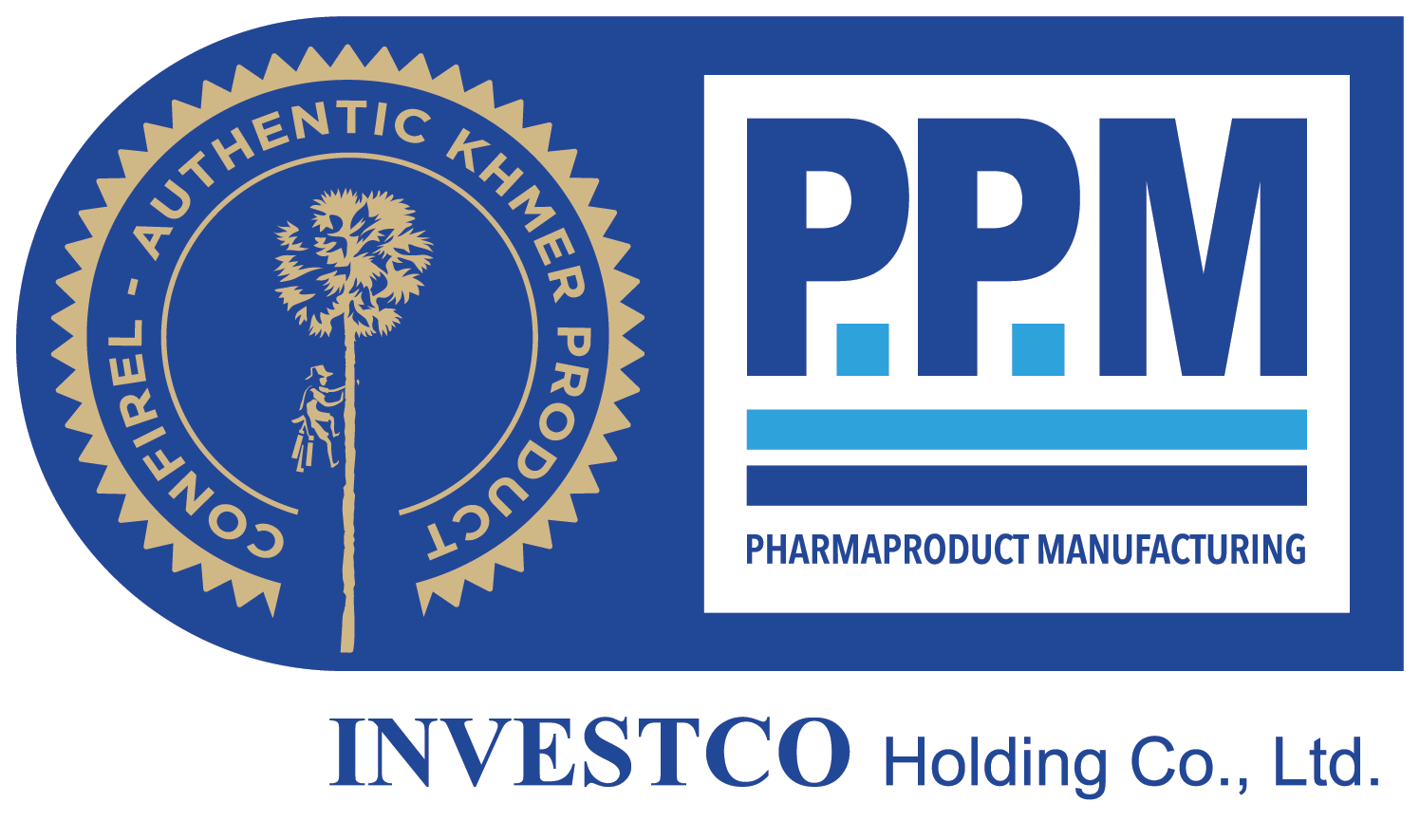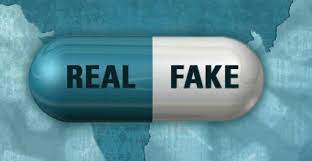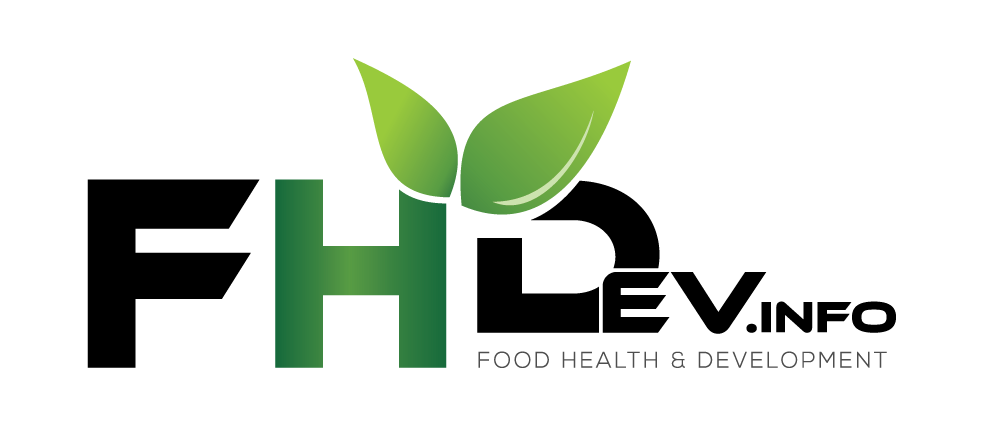


Counterfeit medicines: Cambodia not spared from the increase in fake medicines in emerging countries
Publish date: 10 January 2024 / Author : Veng Thavong
During December, searches carried out in an online pharmacy in the province of Kompong Cham led to the discovery of six types of counterfeit medicines offered for sale. Eight other antidiabetic drugs advertised on Facebook pages have also been banned from sale. On this occasion, the Ministry of Health recalled that only products authorized by its services could be distributed in the country and called on the population to be vigilant and not to blindly believe the advertisements circulating on social networks.
The ministry warned that legal action will be taken against those who promote and distribute unauthorized products, ensuring that it will continue to investigate the distribution of these products.
Counterfeit medicines are growing rapidly in emerging markets, according to an article published by GlobalData Healthcare on December 12.
Noting that both generic drugs and innovative products could be falsified, whether expensive products intended for oncology or inexpensive products such as analgesics, the article highlights to support its claims a study published in Forensic Science International entitled “Trends in counterfeit medicines and pharmaceutical products before and during the Covid-19 pandemic (2022)”. It reports that antibiotics, painkillers and “expensive pharmaceuticals such as hormones, steroids, anorexics, erectile dysfunction drugs and psychotropic drugs” were among the most targeted by counterfeiters. During the Covid-19 pandemic, commonly counterfeited products included antiviral drugs, anti-malarial chloroquine and vitamin C.
There is no universally accepted definition of a counterfeit medicine. However, for the World Health Organization (WHO), a counterfeit medicine is characterized by the use of falsified labeling to pass it off as authentic. Some fake medicines contain mercury, arsenic, rat poison or cement.
According to Global Data HealthCare, globally there were 6,615 pharmaceutical crime incidents in 2022, an increase of 10% from 2021. All regions covered saw an increase in incidents in 2022, including 1,738 incidents in Asia-Pacific, 934 in Latin America and 185 in Africa.
Asia-Pacific recorded the highest number of arrests (4,172 people) for counterfeiting, illegal diversion or theft of medicines in 2022, an increase of 42% compared to 2021 for the region.
The WHO estimates that the share of counterfeit and poor-quality medicines on the market ranges from more than 10% of total sales in low- and middle-income countries to 1% in developed countries.



